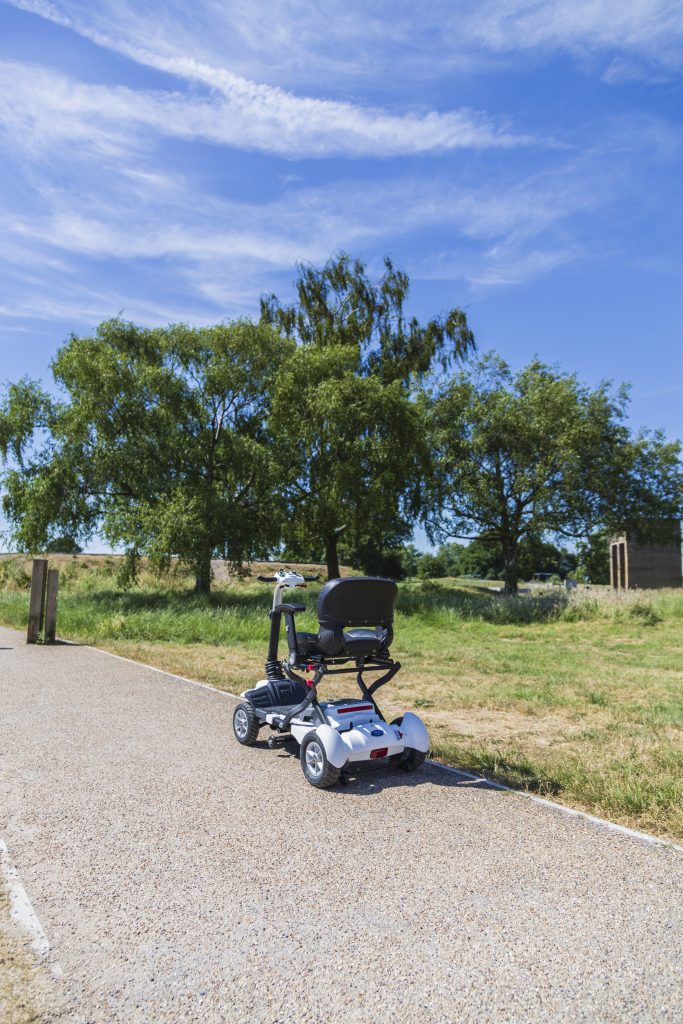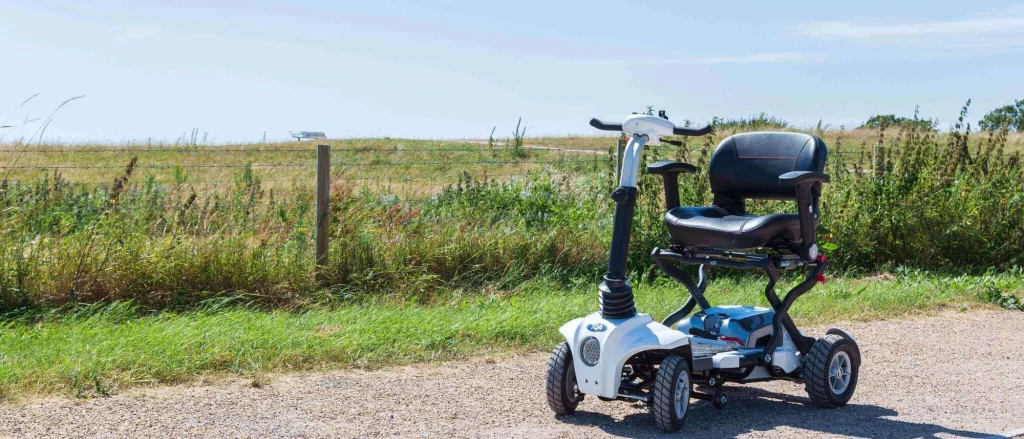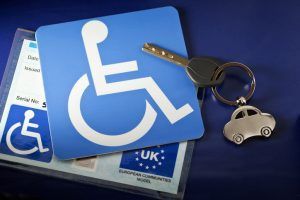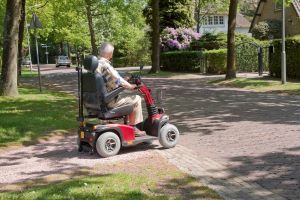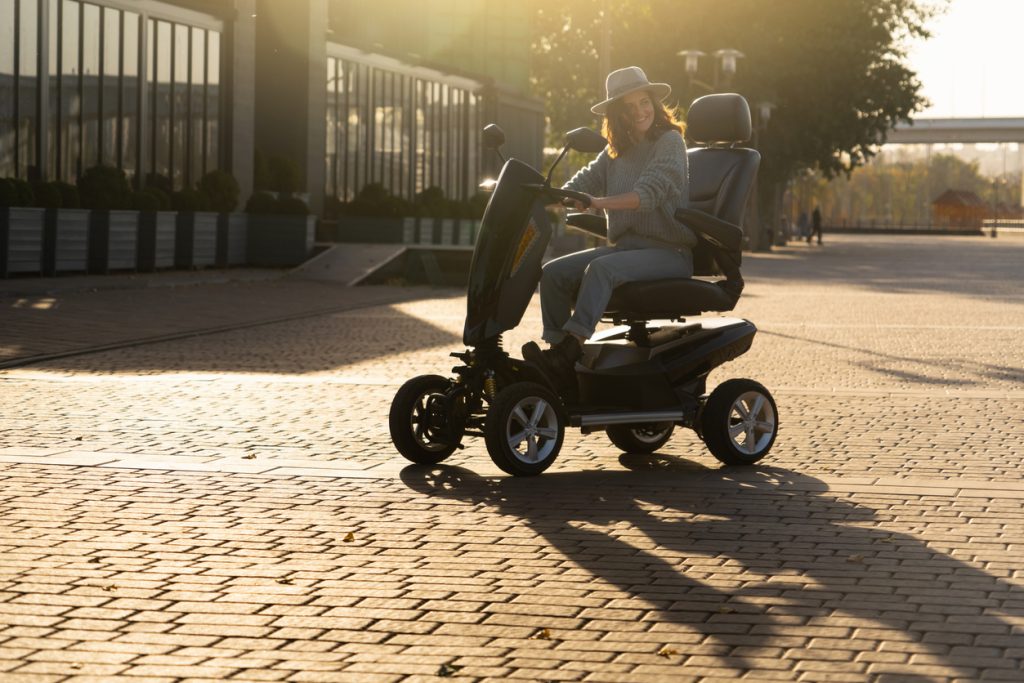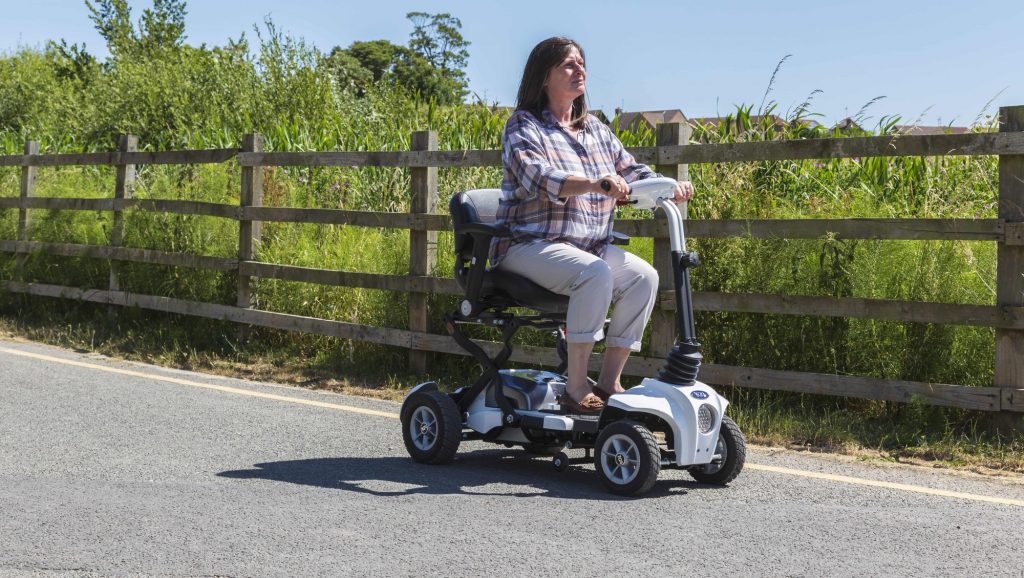Surewise are calling for the urgent addition of mobility scooter users to the Highway Code alongside other vulnerable road users, following alarming new data showing that fatalities among mobility scooter users in 2023 nearly doubled compared to the previous year.
Department for Transport (DfT) road casualty data has revealed that 16 mobility scooter users were killed and 80 were reported seriously injured in collisions in 2023, up from nine fatalities and 64 serious injuries in 2022. Mobility scooter users were among the few road user groups to experience a notable rise in casualties in 2023, while most other groups saw either a decrease or no change at all.
Research by mobility scooter insurance intermediary, Surewise, has highlighted the following:
- Mobility scooter users are nearly three times more likely to be killed in a road collision than any other road user group.
- Over the past decade, casualties involving mobility scooters have increased by an average of 20% annually.
- In 2023, 74% of mobility scooter crashes involved one other vehicle. Eg: a mobility scooter and a car.
- In 2023, in 79% of injury collisions, the mobility scooter user themselves was the victim.
- In 2023, 64% of mobility scooter user casualties were over the age of 55.
- In 2023, 80% of mobility scooter casualties occurred in urban areas.
In January 2022, the Highway Code was updated to introduce a “Hierarchy of Road Users,” which assigns greater responsibility to those who can cause the most harm, such as heavy goods vehicles, while prioritising the safety of pedestrians.
Despite their vulnerability, mobility scooter users remain absent from the hierarchy, leaving a critical gap in protections for these users.
The Safer Mobility Campaign
In response to the rising number of mobility scooter casualties, Surewise, which has insured over 130,000 mobility scooters, launched its ‘Safer Mobility’ campaign earlier this year. The campaign has been supported by numerous UK police forces, local authorities and Nottingham Trent University.
Richard Hannan, Director of Surewise, said: “Mobility scooter users are among the most vulnerable people on our roads, yet their unique needs are often overlooked. The fact that their exclusion from the Highway Code persists while fatalities rise is simply unacceptable. Their safety and prioritisation must be reflected in road safety policies.”
Campaigners are also frustrated by the outdated terminology used in legislation to describe mobility scooters. The law continues to refer to them as “invalid carriages,” a term widely regarded as inaccurate and out-of-date.
Mr Hannan added: “This archaic term not only fails to reflect the reality of modern mobility aids but also perpetuates confusion and misunderstanding about their proper use and rights on pavements and roads. Such language undermines efforts to raise awareness and improve safety for mobility scooter users.”
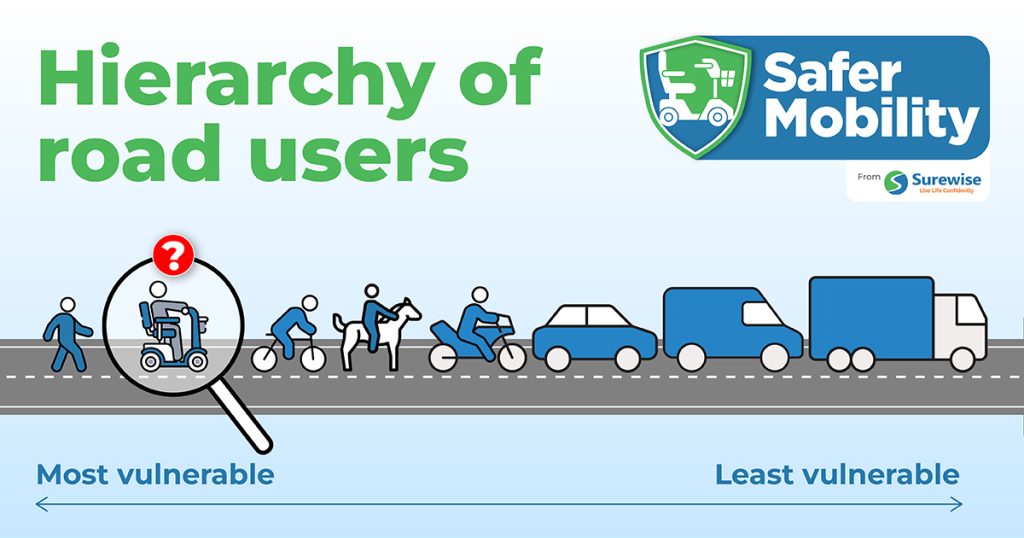
The Role of Research and Expert Opinion
Professor Duncan Guest, a Cognitive Psychology expert at Nottingham Trent University, led a two-year study into how mobility scooter users perceive road hazards.
Prof Guest said: “The significant rise in fatalities and serious injuries involving mobility scooter users underscores the urgent need for their inclusion in the Highway Code. These users face unique challenges navigating pavements and roads, often contending with inadequate infrastructure, poor driver awareness and a lack of clear guidance.
“By including mobility scooter users in the ‘Hierarchy of Road Users,’ we can ensure their vulnerabilities are recognised and that road safety measures are designed to protect them. Addressing this policy gap is essential to prevent further tragedies and support safer mobility for all.”
Contributory Factors to Mobility Scooter Casualties
Further research by Surewise reveals that in 2023, 23% of mobility scooter-related road deaths and injuries were caused by the driver or rider failing to look properly. Other key contributory factors included careless or hurried behaviour (9%), failure to judge another road user’s speed (8%), loss of control (7%) and poor manoeuvres (6%).
With casualties rising and the absence of mobility scooter users from critical road safety frameworks, campaigners stress the urgent need for recognition, guidance and action to protect one of the most vulnerable groups on the UK’s roads.
